What role does Windows 11 play as an OS? What is the business impact?
Why is Windows 11 here now?
── Windows 11 has arrived 6 years after the appearance of Windows 10, which was said to be the last Windows.
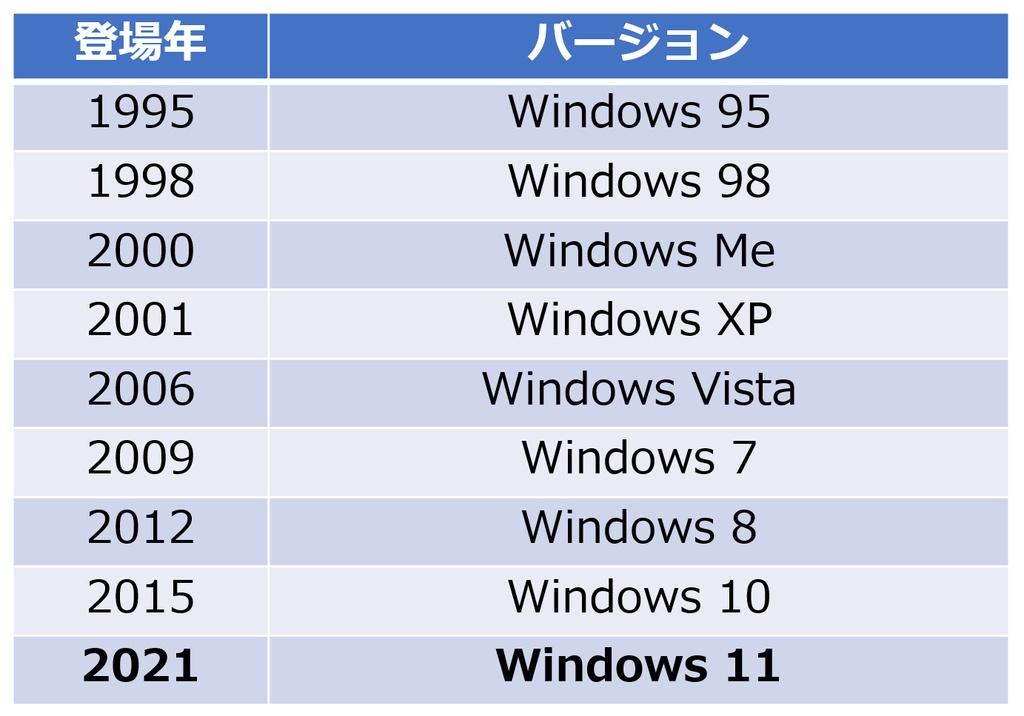
Mikami: I thought that many people would disagree with the policy of using 10 names all the time since the release of Windows 10. The OS requires a major update once every few years due to factors such as the times, hardware performance, and security. A major update is important in that it is a major function reorganization and that the hardware is cut off based on the required standards of the specifications. At some point you have to say no to the previous CPU performance and memory capacity. In order to improve various services including security, it is necessary to raise the standard of hardware requirements by one step.
For this reason, I had to name it Windows 11 after all, and in the future, I'm sure there will be 12 and 13 as well. Another problem is marketing. Further popularization of Windows is a proposition that Microsoft always has, so 11 was necessary to strengthen the brand. However, there is no change in the point that it is free, and the 10 basic policies are adhered to. I think Windows 11 is an update that meets the above elements.
―― So far, the longest interval between announcements until the next OS was Windows XP was 5 years and 1 month, but Windows 10 surpassed this with 6 years and 3 months. Is it the effect of the policy of agile update that has been realized? Then, is it possible that the lifespan of Windows 11 will be even longer?
Mikami: Support for Windows 10 will end in 2025. Of course, it will be replaced by Windows 11 at that time, and 12 will be announced after 4 to 5 years. The next version will be required according to the need for improved hardware specifications and security enhancements, so I think it may be slightly shorter depending on the situation.

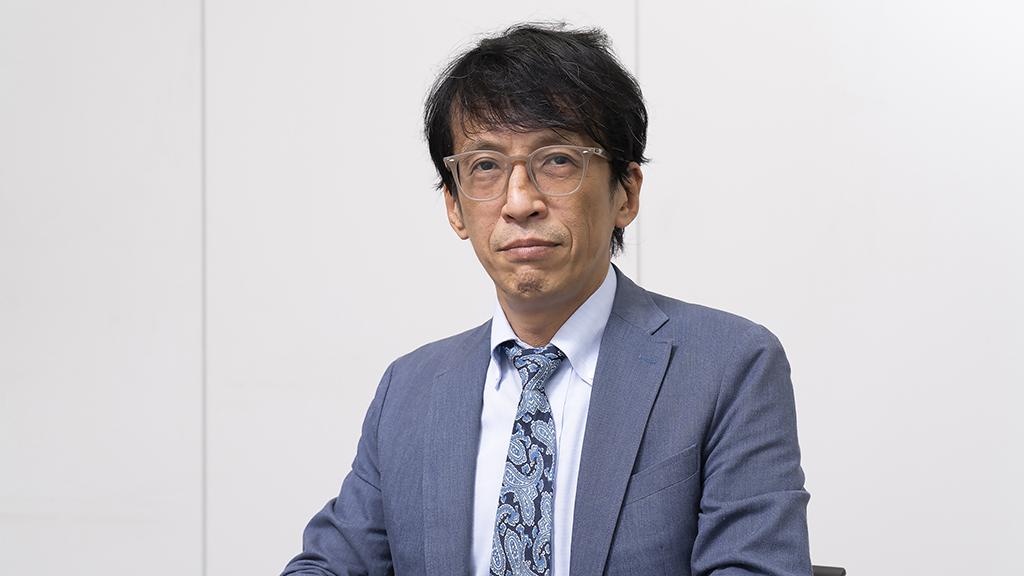
![10th generation Core i5 equipped 9.5h drive mobile notebook is on sale at 50,000 yen level [Cool by Evo Book] 10th generation Core i5 equipped 9.5h drive mobile notebook is on sale at 50,000 yen level [Cool by Evo Book]](https://website-google-hk.oss-cn-hongkong.aliyuncs.com/drawing/article_results_9/2022/3/9/4a18d0792cae58836b71b9f591325261_0.jpeg)


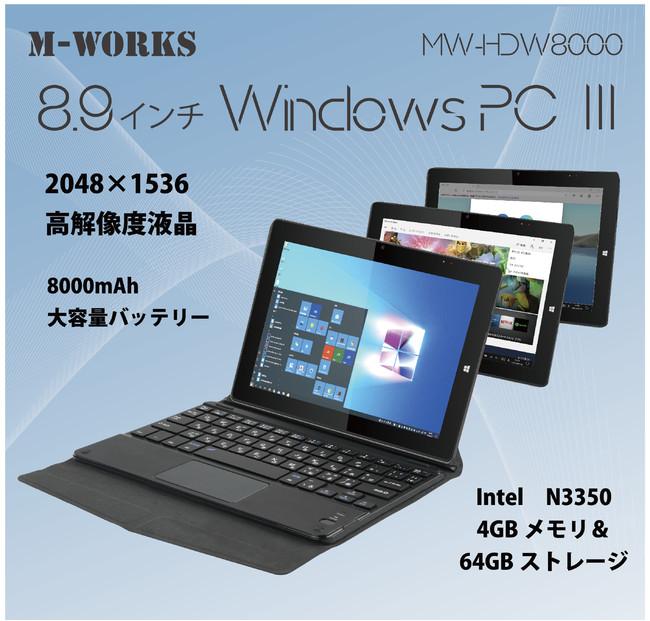
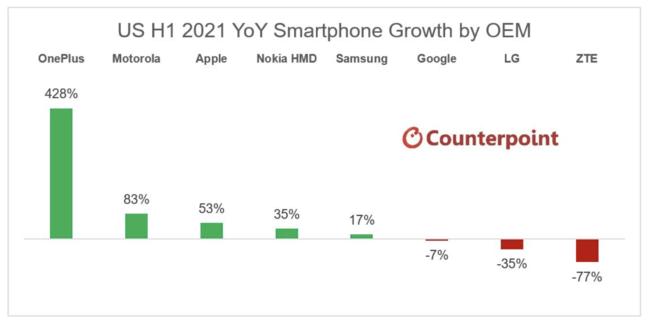
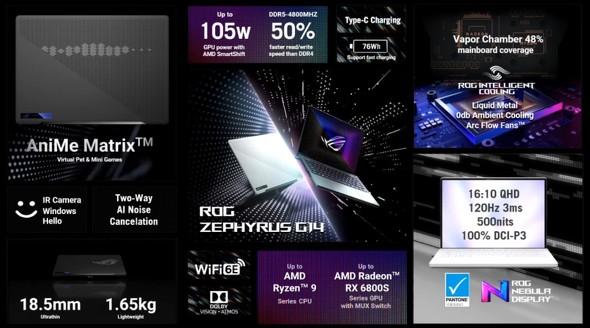
![[Amazon time sale in progress! ] 64GB microSD card of 1,266 yen and wireless earphone with noise canceling function of 52% off, etc. [Amazon time sale in progress! ] 64GB microSD card of 1,266 yen and wireless earphone with noise canceling function of 52% off, etc.](https://website-google-hk.oss-cn-hongkong.aliyuncs.com/drawing/article_results_9/2022/3/9/c88341f90bab7fe3ce1dc78d8bd6b02d_0.jpeg)
